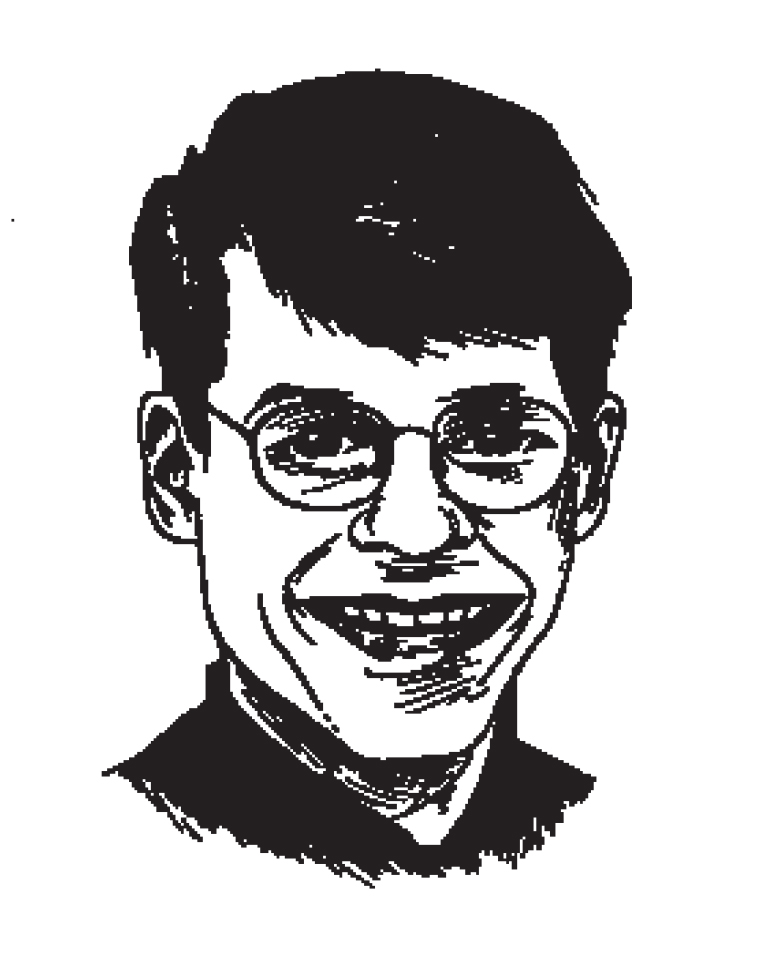It helps to think of the English language as a horse. Even with all the tools we have to harness and tame it—usage dictionaries, manuals of style, thesauruses—it often manages to buck us off and run wild. You’d think it would be easier. Words fill up the space around you, they cover surfaces and fill pages, they infiltrate your life. But it never seems as though we have full control over their eccentricities.
For many, the National Spelling Bee is the ultimate field of battle, upon which man (well, children no more advanced than eighth grade) is pitted against the language-monster it has created. Those of us who are enthusiasts of spelling bees relish the tenuous nature of it all. Every spring at the Grand Hyatt Hotel in Washington, D.C., spellers take turns standing in front of a microphone, trying to pluck a spoken word out of the air and make it tangible by selecting from the twenty-six letters in our language and arranging them in a precise order. Watching the bee on television, you can see kids essentially become possessed by a word; they say it, they rinse it around their mouth, they try to draw it in the air with their finger. It is all to conquer the word, to unlock its secret and step grandly upon its slain form in victory. People have fainted in the attempt.
If you were to picture the person who pronounces those words, Jacques Bailly might well be the man your mind comes up with. When I met him in his gabled office in the classics department building at the University of Vermont, he was wearing glasses and a Merriam-Webster baseball cap. Every surface was covered in papers or books—we moved a pile from a chair so I could sit down and shifted other items around so we could squeeze my travel Scrabble game onto a flat plane. We played as we talked. Dr. Bailly was mild-mannered, like a superhero, and gave the impression of a child prodigy all grown up.
—Josh Fischel
I. “THE POOR KID FROM ILLINOIS WHO’S NEVER SEEN NOR HEARD OF A MUUMUU HAS NO CHANCE.”
[We draw tiles from the bag to see who goes first; it’s me.]
THE BELIEVER: So how does one become the official pronouncer for the National Spelling Bee?
JACQUES BAILLY: You just have to be lucky. I became the pronouncer by being the associate pronouncer for ten or eleven years, and I became associate pronouncer by writing to them and saying,“I won the bee in 1980.You may not remember me, but since then, I’ve learned Latin and Greek and a lot more French and German and a little...
You have reached your article limit
Sign up for a digital subscription and continue reading all new issues, plus our entire archives, for just $1.50/month.
Already a subscriber? Sign in





